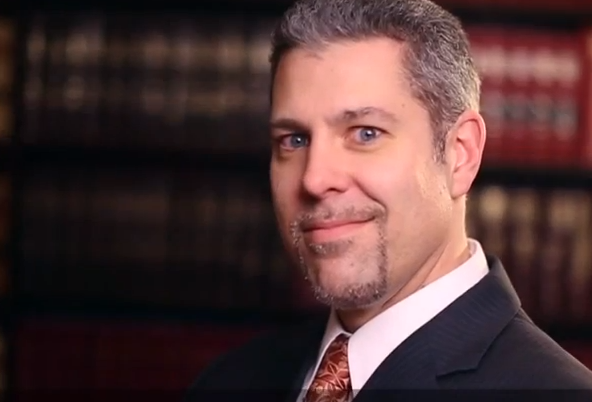If you have been accused of a crime, you’re entitled to a trial by a jury of your peers to determine whether the State can prove your guilt. At that trial, the attorney for the prosecution will have the opportunity to present all the evidence that law enforcement has gathered as part of their investigation to prove your guilt. Your attorney will be able to use that same evidence to demonstrate your innocence. This evidence is known as “discovery.” In most cases, the defendant has a right to receive all discovery material that may be used against him or her in court.
What Counts as Discovery?
Discovery covers a variety of materials, all of which tell the story of the case in question. Common examples of discovery include:
- Police reports, including information about victims and witnesses, statements taken from the victim, eyewitnesses, and any experts involved, the observations made by the officer, and anything else that occurred during the original incident
- Recordings of interviews with victims, witnesses, the defendant, and anyone else involved in the case
- Photographs or digital evidence of the crime scene
- Medical records, personnel records, criminal records, etc. for anyone involved in the case
Exculpatory Evidence vs. Material Evidence
The Constitution of the United States requires the prosecution to turn over or disclose any exculpatory evidence within its possession or control to the defendant and his legal team. This requirement extends not to all the material evidence or discovery information in a case, but rather to anything “exculpatory.” Exculpatory is used to refer to evidence that may contradict a defendant’s guilt, or that could lay the groundwork for a lighter sentence or lesser punishment. Exculpatory evidence doesn’t have to be as strong as a convincing alibi, for example, but instead covers anything that could significantly help the defendant’s case.
The government is required to provide defendants with discovery that is “material,” which usually means “relevant.” This evidence is the type that if provided to the defense could affect the outcome of the case.
Brady v. Maryland
Brady v. Maryland was a 1963 U.S. Supreme Court case that announced what defendants have a right to know about the evidence against them. According to the ruling in Brady, it is a violation of a defendant’s right to due process for the prosecution to withhold any evidence that is material to the guilt or punishment of the defendant and favors the defendant’s case if the defense has requested that information.
Contact Us Right Away
At The Gorman Law Firm, we can help you sift through the evidence that will be presented at your trial, and help you determine how to prepare the most effective defense. You are entitled to know the charges against you and how he government intends to prove those charges in court. For more information on discovery laws and procedures, contact Scott Gorman, a leading Essex County criminal defense attorney at The Gorman Law Firm, today.
Published in Categories: Criminal Defense


